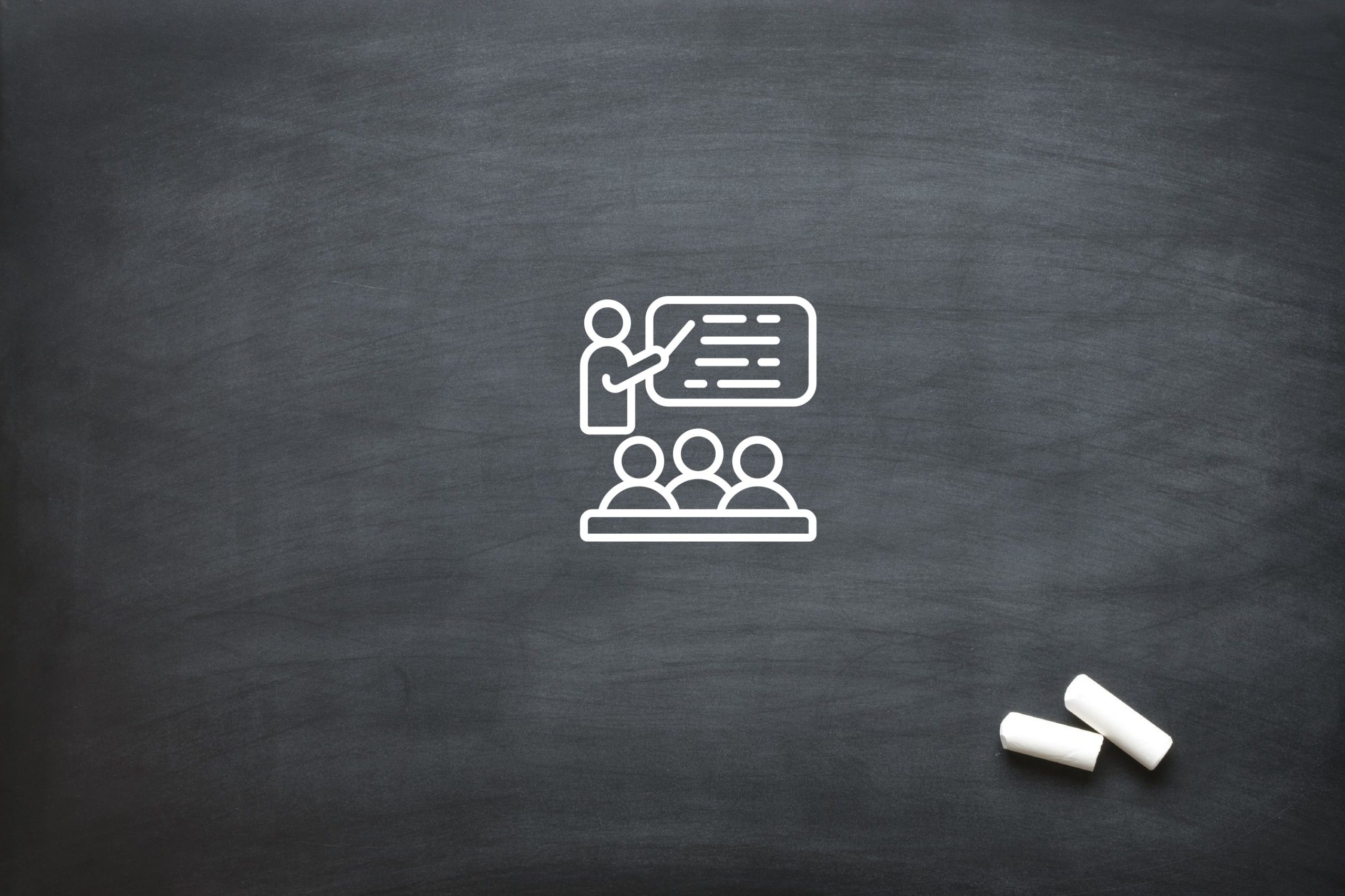
Learner Management Systems: xAPI and LRS
Modern organisations are under immense pressure to prove the impact of their learning and development investments. While traditional learner management systems remain central to delivering structured online courses, they often lack the depth to capture meaningful learning activities that occur beyond their digital boundaries. Experience API (xAPI) and Learning Record Stores (LRS) have emerged as powerful tools to close this gap, enabling organisations to track, analyse, and optimise learning in ways that SCORM-based systems never could.
Learning happens everywhere – through mobile apps, virtual reality simulations, mentoring sessions, and real-world job tasks. Integrating xAPI and an LRS within learner management systems allows organisations to capture these interactions in granular detail. The result is a consolidated dataset that enables data-driven decisions, personalised learning pathways, and a deeper understanding of how learning translates into workplace performance and business outcomes.
Understanding Learning Record Stores (LRS)
A Learning Record Store (LRS) is a specialised database system designed to store learning activity data collected via xAPI statements. It is the central repository where every learning experience recorded through xAPI is stored, organised, and made available for reporting and analysis. Unlike traditional LMS databases that store only course completions or quiz results, an LRS captures any learning event, no matter where it occurs.
When integrated with learner management systems, an LRS provides an architecture that bridges the limitations of SCORM. It enables organisations to build advanced reporting dashboards that provide a holistic view of learner progress across formal and informal learning activities. Whether used as a standalone system aggregating data from multiple LMSs or embedded within an existing LMS, an LRS enhances the ability to track, analyse, and demonstrate the true impact of learning strategies.
What is xAPI?
Experience API, also known as xAPI or Tin Can API, is a learning technology specification that enables the tracking of learning activities across platforms, systems, and environments. It records statements in an “actor-verb-object” format, such as “Sarah completed onboarding simulation,” which are then stored in the LRS. This standard was designed to address the limitations of SCORM by enabling organisations to track learning that occurs outside the LMS, whether online, offline, on mobile apps, or within VR simulations.
xAPI has transformed how learner management systems function, enabling them to track learning experiences that were previously invisible to administrators and learning designers. With xAPI, organisations can track real-world activities such as participation in mentorship programmes or workplace assessments and link them directly to digital learning data. This creates a comprehensive view of each learner’s journey, empowering organisations to align training initiatives with strategic performance objectives.
xAPI vs SCORM: The Evolution
For over two decades, SCORM has been the primary standard for e-learning content delivery within learner management systems, enabling administrators to track course completions and test results effectively. However, its limitations quickly become evident in today’s blended learning landscape. SCORM only tracks interactions within an LMS browser session, ignoring informal, experiential, or offline learning events that shape real competency development.
xAPI emerged to address these limitations by enabling tracking of any learning experience, regardless of device or context. Unlike SCORM, which is confined to structured e-learning, xAPI supports experiential learning, mobile learning, VR, and simulations. By incorporating xAPI with an LRS into learner management systems, organisations can analyse learning effectiveness across modalities, measure knowledge transfer, and gain insights into how learners apply skills in real-world contexts.
LRS and LMS Integration: The Best of Both Worlds
Integrating an LRS within learner management systems combines the benefits of structured course delivery with granular learning analytics. This integration allows organisations to track learning across all activities, consolidate data into a single source of truth, and generate advanced reports that link learning with performance outcomes. When a learner engages in a VR safety simulation, for example, xAPI captures every interaction and stores it in the LRS, linking the data back to their LMS profile.
This interconnected system supports compliance reporting, performance management, and continuous learning initiatives. It ensures that learner management systems remain relevant in an era where learning no longer happens in one place. Integration also simplifies data management by eliminating data silos, ensuring stakeholders and learning designers can access actionable insights for strategic decision-making and resource allocation.
Standalone LRS: Centralising Multi-Platform Data
While many learner management systems now include embedded LRS functionalities, standalone LRSs remain valuable for organisations managing multiple learning platforms or custom learning apps. A standalone LRS acts as a centralised repository for learning data collected from various sources, allowing for unified analytics across platforms. This is particularly important for large organisations with diverse learning ecosystems or multiple regional LMS instances.
Standalone LRS implementation also enhances data portability. Organisations can aggregate learning records from field assessments, mobile microlearning, simulations, and traditional LMS courses into one central database for reporting and compliance. For global organisations with distributed training infrastructures, a standalone LRS ensures data standardisation and facilitates analysis that supports strategic learning and performance initiatives.
Benefits of Combining xAPI with LRS
Integrating xAPI and an LRS with learner management systems offers transformative benefits. Firstly, it provides granular learning data, capturing every meaningful action from learners across contexts, which supports deeper insights into behavioural patterns and learning effectiveness. Secondly, it enables robust performance analysis by correlating learning activities with workplace performance data, allowing learning leaders to demonstrate return on investment for training initiatives.
Thirdly, it supports personalised learning pathways. Using data from xAPI statements stored in the LRS, learner management systems can adapt learning journeys to suit each learner’s unique needs, experiences, and demonstrated competencies. This data-driven approach enhances learner engagement, motivation, and skill acquisition by providing timely interventions and tailored content recommendations that align with individual performance goals.
Technical Implementation Considerations
Implementing xAPI and an LRS within learner management systems requires careful technical planning. Organisations must ensure that their LMS supports xAPI content, which involves configuring endpoints to transmit statements securely to the LRS. Authentication mechanisms such as OAuth or basic authentication must be implemented to protect sensitive learner data and ensure only authorised systems can write to or read from the LRS.
Additionally, data structure compatibility is essential for accurate storage and reporting. xAPI statements must conform to defined structures for effective querying and analysis. Testing integrations thoroughly before launch mitigates risks of data gaps or reporting inaccuracies. Finally, aligning technical implementation with organisational learning strategies ensures data captured contributes meaningfully to analytics and performance goals rather than generating irrelevant data noise.
Data Security Considerations
As with all data management systems, security remains paramount when integrating xAPI and an LRS within learner management systems. Learning data often includes personally identifiable information and performance assessments, which require secure transmission protocols such as HTTPS and strong encryption standards for storage. Implementing strict access controls ensures only authorised personnel can view or manipulate learning data.
Organisations must also consider data privacy regulations such as GDPR, FERPA, or POPIA, depending on their jurisdiction. Clear data retention policies are essential to manage long-term storage, compliance requirements, and data hygiene. By prioritising security within xAPI and LRS integrations, organisations uphold their duty of care to learners and maintain stakeholder confidence in their learning technologies.
Use Cases Transforming Learning Analytics
The integration of xAPI and LRS technologies into learner management systems unlocks powerful new use cases. Offline learning activities, such as field assessments and mentorship sessions, can now be recorded and synced automatically, giving visibility to learning that was previously invisible. Real-world job tasks such as machinery inspections or customer consultations can be tracked to link learning outcomes with performance.
Simulations and VR learning experiences are also transformed, with every learner decision recorded for detailed performance analysis. Mobile learning delivered through apps is seamlessly integrated with the LMS, enabling learning on-the-go while retaining comprehensive data analytics. These use cases highlight how learner management systems empowered by xAPI and LRS technology can become true enablers of organisational capability development.
Challenges to Consider
Despite their advantages, implementing xAPI and an LRS within learner management systems presents challenges. The technical complexity of configuring endpoints, authenticating data flows, and ensuring statement compatibility demands strong technical expertise and planning. Organisations without a clear reporting strategy risk data overload, where rich data streams become unmanageable and fail to generate actionable insights.
Finally, organisational readiness is critical. Stakeholders must understand how to interpret learning analytics meaningfully to drive performance improvements. Without a culture of data literacy and strategic use of learning data, the investment in xAPI and LRS technologies may not realise its full potential. Planning for change management, capability development, and data governance ensures successful adoption and long-term value.
xAPI and LRS technologies are transforming learner management systems, enabling organisations to capture, analyse, and optimise learning across every context. They bridge the gap between formal e-learning and real-world performance, providing data-driven insights to support strategy, compliance, and innovation.
At Oliver Karstel Creative Agency, we specialise in helping organisations unlock the full potential of their learning technologies. Contact us to discuss how we can support your learner management systems with powerful xAPI and LRS integrations to drive measurable learning impact.






